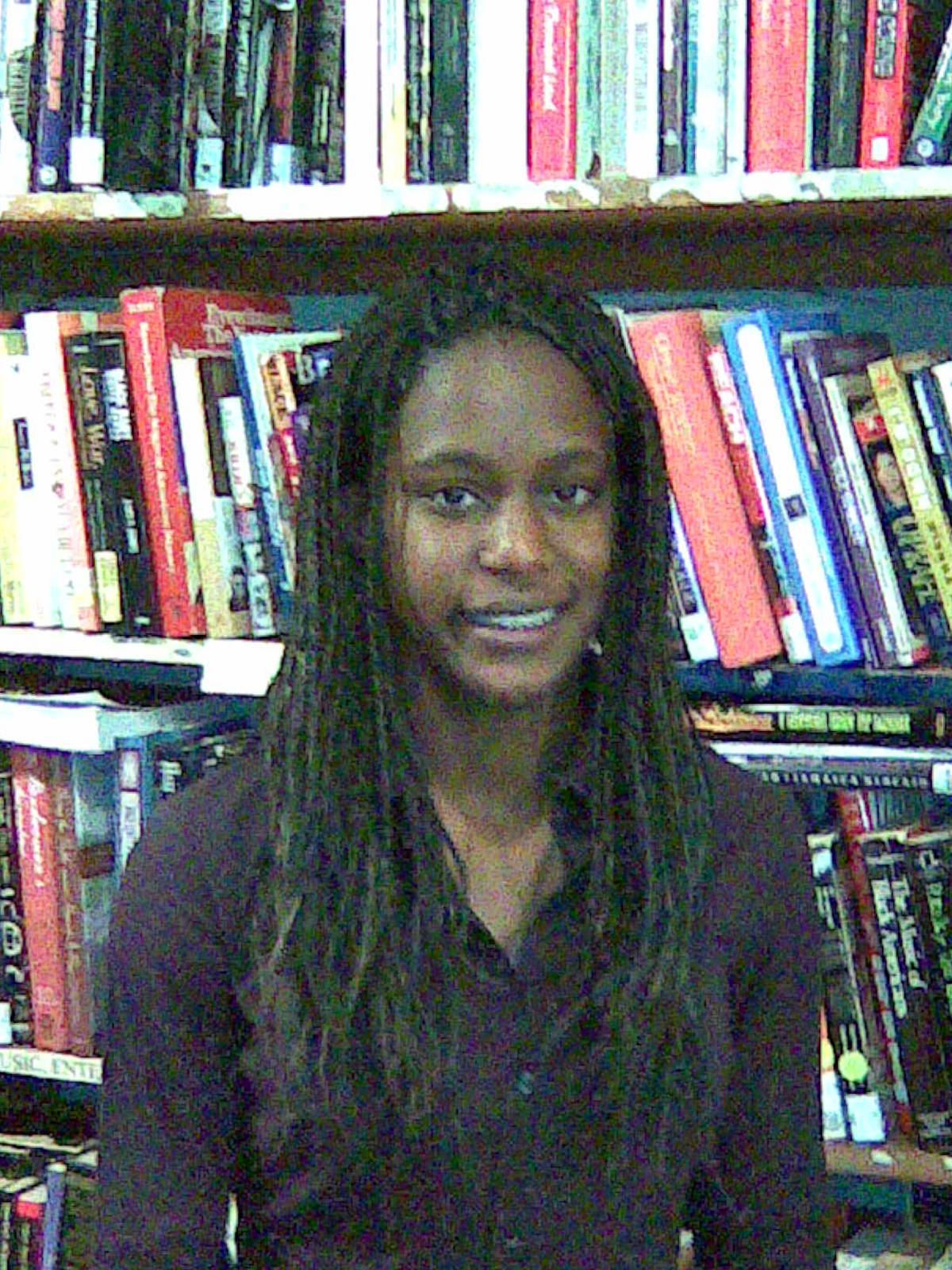 The Urbana-Champaign Books to Prisoners project has turned out to be a smashing success, and that’s becoming a problem. The project, which provides reading materials to all Illinois inmates at no cost, has sent out almost 40,000 books since it began. As more and more inmates find out about the service, largely by word of mouth, handwritten requests are arriving by mail to the organization’s headquarters in the basement of The Urbana-Champaign Independent Media Center faster than they can be filled by the all-volunteer staff.
The Urbana-Champaign Books to Prisoners project has turned out to be a smashing success, and that’s becoming a problem. The project, which provides reading materials to all Illinois inmates at no cost, has sent out almost 40,000 books since it began. As more and more inmates find out about the service, largely by word of mouth, handwritten requests are arriving by mail to the organization’s headquarters in the basement of The Urbana-Champaign Independent Media Center faster than they can be filled by the all-volunteer staff.
A full-time person is needed to, among other things, train and coordinate new volunteers, since the organization had over 600 volunteers last year, and more are anticipated this time around. Outreach is also currently a crucial mission for the organization, and someone with strong communication and public speaking skills is necessary. And finally, more needs to be done to encourage one-time volunteers into becoming regulars.
That’s where Judith Pond comes in.
She’s the new AmeriCorps volunteer hired by Books to Prisoners through the Independent Media Center. A recent Psychology graduate of Stanford University, Judith relocated to C-U just a few weeks ago, and was happy to find out about a position that fits in well with her background and ideals.
“I’ve been involved in a lot of service-type organizations since high school,” she says.
Moreover, while at Stanford, Pond worked with inmates trying to earn their GEDs. She states that she is looking forward to continuing this educational mission through Books to Prisoners.
“There’s definitely an educational role that’s lacking. The prison population is one of the most underserved and comparatively undereducated. Books to Prisoners is a unique program, especially in the area.”
Arriving at the Books to Prisoners program, Pond was surprised by what she calls “the number of hoops to jump through to get the books to the prisoners.” Books are sometimes held up as they go through the jail’s intake procedures for mail, and delays along the line for many reasons are common.
 The books inmates request vary tremendously. Inmates ask for books on everything from origami to astrophysics to dog grooming, sometimes in the same letter. The organization follows a general rule of trying to give the prisoners want they want without imposing value judgments on what books are selected. Pond believes in this philosophy. Whether an inmate is looking for a book for escapist or educational purposes, Pond says that “I personally think that they’re equally important.”
The books inmates request vary tremendously. Inmates ask for books on everything from origami to astrophysics to dog grooming, sometimes in the same letter. The organization follows a general rule of trying to give the prisoners want they want without imposing value judgments on what books are selected. Pond believes in this philosophy. Whether an inmate is looking for a book for escapist or educational purposes, Pond says that “I personally think that they’re equally important.”
She feels that serving as volunteer coordinator for Books to Prisoners will be good preparation for whatever she decides on next after her one year term ends (volunteers often come back for a second year, however).
“It’s a great way for me to get experience,” she says.
It’s probably not for the money. As an AmeriCorps volunteer, she’ll receive a “living allowance” of $11,400 annually, health coverage, and not a lot else. Judith looked at the other AmeriCorps volunteer positions posted recently at the IMC, but after coming into a Books to Prisoners work session and filling some orders, she decided that the group was “the best fit for me.”
Books to Prisoners key staff member Suzanne Linder is happy to have Pond on board. She says, “Judith has a strong social justice background, including previous volunteering with a prison tutoring program, as well as excellent organizational, communication and computer skills. This job is a challenging mix of organization, motivation (of a wide range of volunteers), and public speaking and we felt like Judith had skills and experience in all three categories that would help to move us forward as an organization.”
Outside of her AmeriCorps position, Pond is an avid rollerblader. A native of New York, she claims to be prepared for the approaching Midwest winter, despite the intervening years spent as a student in sunny California. She is also a novice knitter, and states that “I want to have a scarf done by the end of the year.”
A favorite book of Judith’s is “The River Why,” by David James Duncan, described in an Amazon.com editorial review as a “coming-of age-tale” of the protagonist’s “internal quest for self-knowledge.” Pond acknowledges parallels between herself and the main character. “It’s about a young person trying to find himself. For both of us, it’s about where we fit into society.”
Perhaps the AmeriCorps position can help her find what she’s looking for and help expedite the process of getting free books to Illinois inmates along the way.








